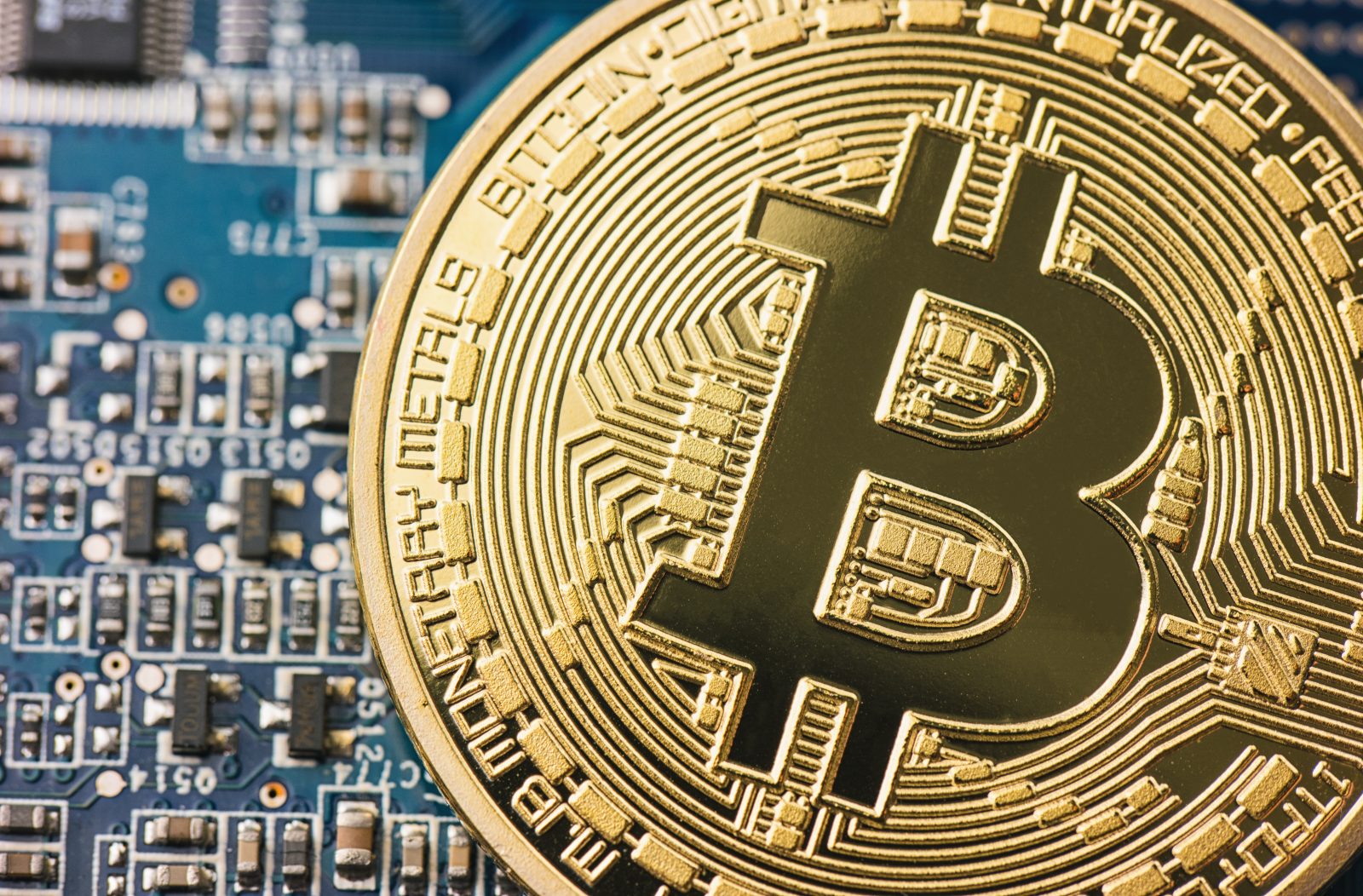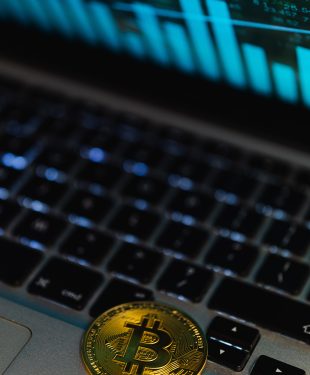
If you plan to buy cryptocurrency, you’re not alone; 9 in 10 surveyed Americans have the same plans. And now’s a good time to do so, as crypto prices are still low. However, you must first understand what bitcoin wallets are and how they work. After all, you need one to buy, sell, send, or trade cryptocurrencies, including bitcoin.
Below, we’ll answer the most commonly asked questions about bitcoin wallets, so read on.
What Exactly Are Bitcoin Wallets?
Bitcoin wallets store the cryptographic information associated with cryptocurrency. Although they have “bitcoin” in their names, they aren’t exclusively for bitcoin (BTC). They also support many of the 19,000 cryptocurrencies available today.
Bitcoin wallets don’t hold or store cryptocurrencies themselves. That’s because all types of crypto live on a blockchain. Instead, wallets “save” a crypto owner’s public and private keys and transaction records. So, a bitcoin wallet allows you to access your holdings within the blockchain. It also provides the interface to buy (receive) and sell (send) crypto.

Photo by on Pexels
Do You Always Need a Bitcoin Wallet?
Yes.
You can only access your crypto holdings with your private key, which a wallet “saves” for you. You need this code to prove you own the crypto you’re trying to access. You must also use your private key to sign transactions and ensure they go through.
What Types of Bitcoin Wallets Exist?
The most commonly used are hot and cold bitcoin wallets. Hot wallets are online software connected to the internet. You can run them from a mobile device, such as a smartphone or a computer. You can then use them to generate a Q.R. code containing your public key.
Your public key, in turn, is your crypto account or wallet address. It “directs” the crypto you buy to your account. It also ensures the crypto you sell gets taken out of your holdings.
Most bitcoin ATMs, such as those on this map, also work with hot wallets. Some also have ports that let you use a cold wallet, which takes the form of external hardware (e.g., hard drives or USBs). Since a cold wallet is a hardware, it doesn’t require an internet connection. Instead, it only keeps a copy of your public and private keys.
Which Wallets Are The Most Secure?
Many people consider cold wallets more secure because you can use them offline. By contrast, hot wallets are more prone to hacking since they’re online. An example is when hackers stole $5 million from Solana digital wallets in the first week of August 2022.
That doesn’t mean hot wallets are 100% safe because, as hardware, they are prone to physical failure. Thieves can also steal them. So, to protect yourself from losses, consider using a cold wallet and keeping it in a secure location. For example, some crypto owners keep their wallets in safe deposit boxes.
Start Exploring Your Bitcoin Wallet Options
Now that you know what bitcoin wallets are, it’s time to decide between a cold or a hot wallet. Alternatively, you can use both to balance your security and convenience. For example, you can use a hot wallet to store smaller funds and a cold one for more significant investments.
However, if you use a hot wallet, ensure it’s from an established developer. Vet their insurance, too; the most reputable ones provide coverage against crime-related losses. For more informative reads like this, browse our latest articles and blog posts!
The post What Are Bitcoin Wallets? appeared first on Digital Online Fashion Magazine | Free Fashion Magazine | Best Lifestyle Blog.
0 Commentaires